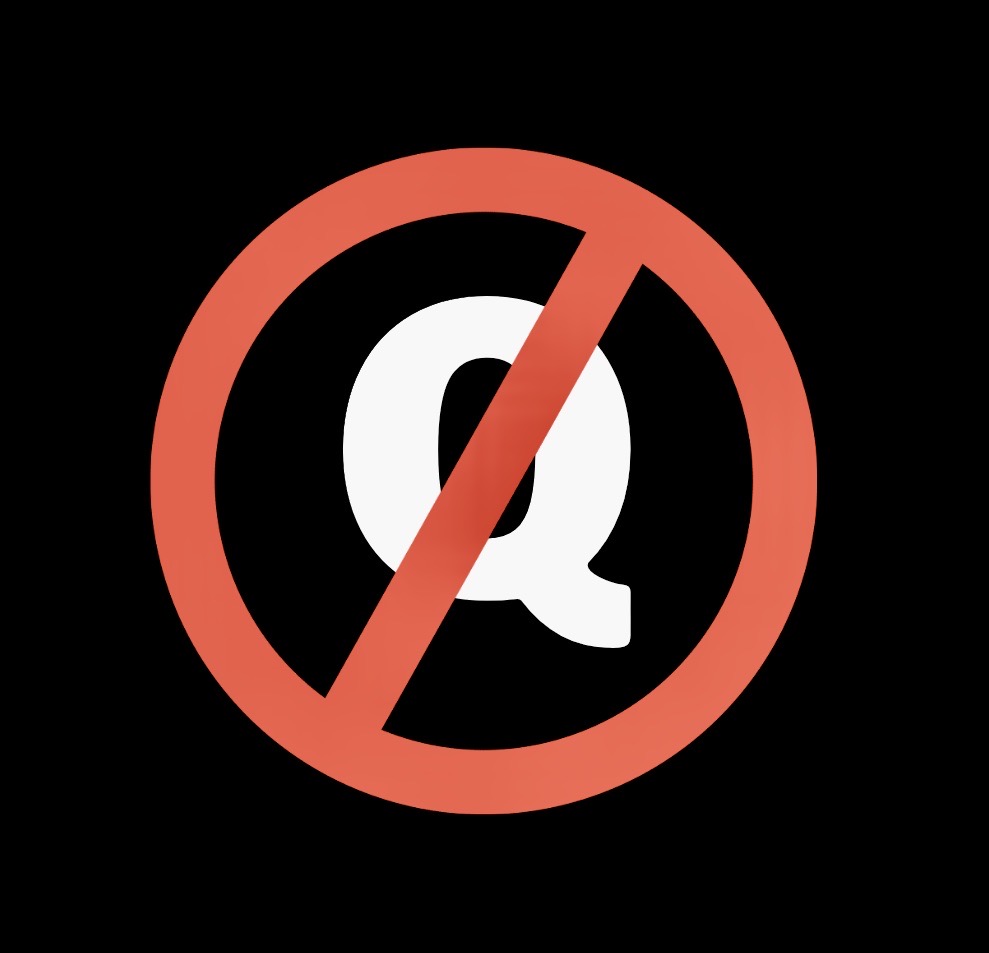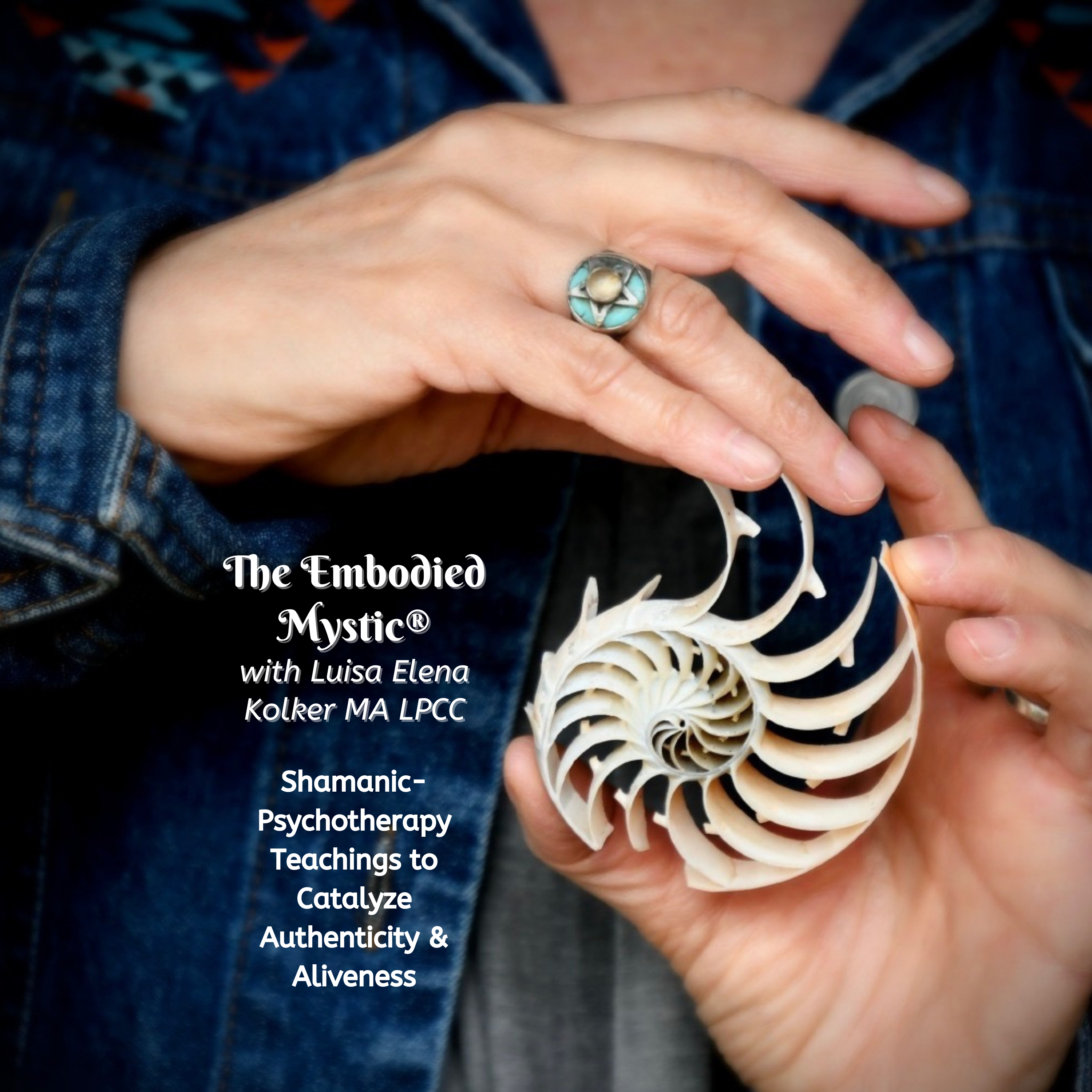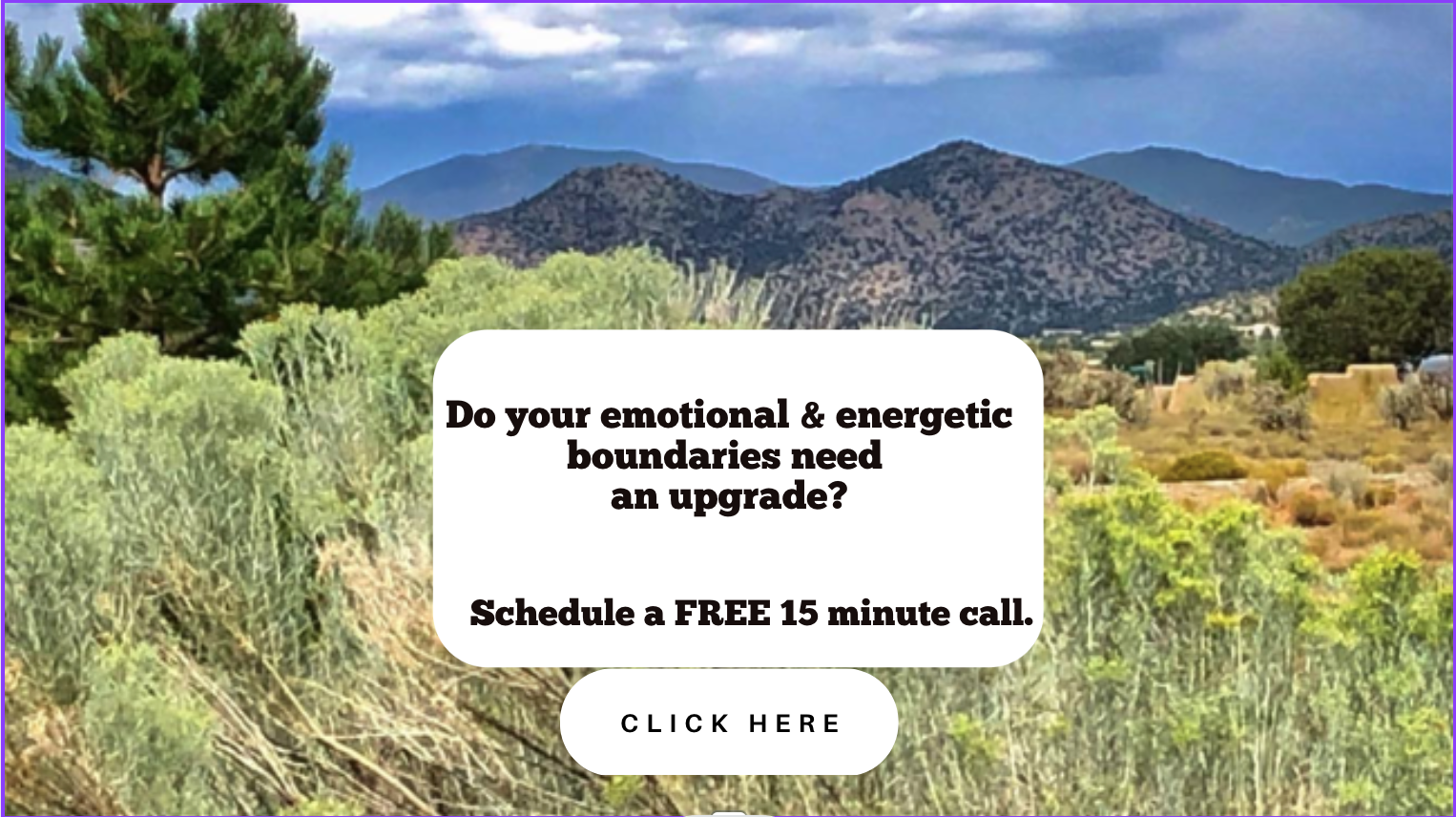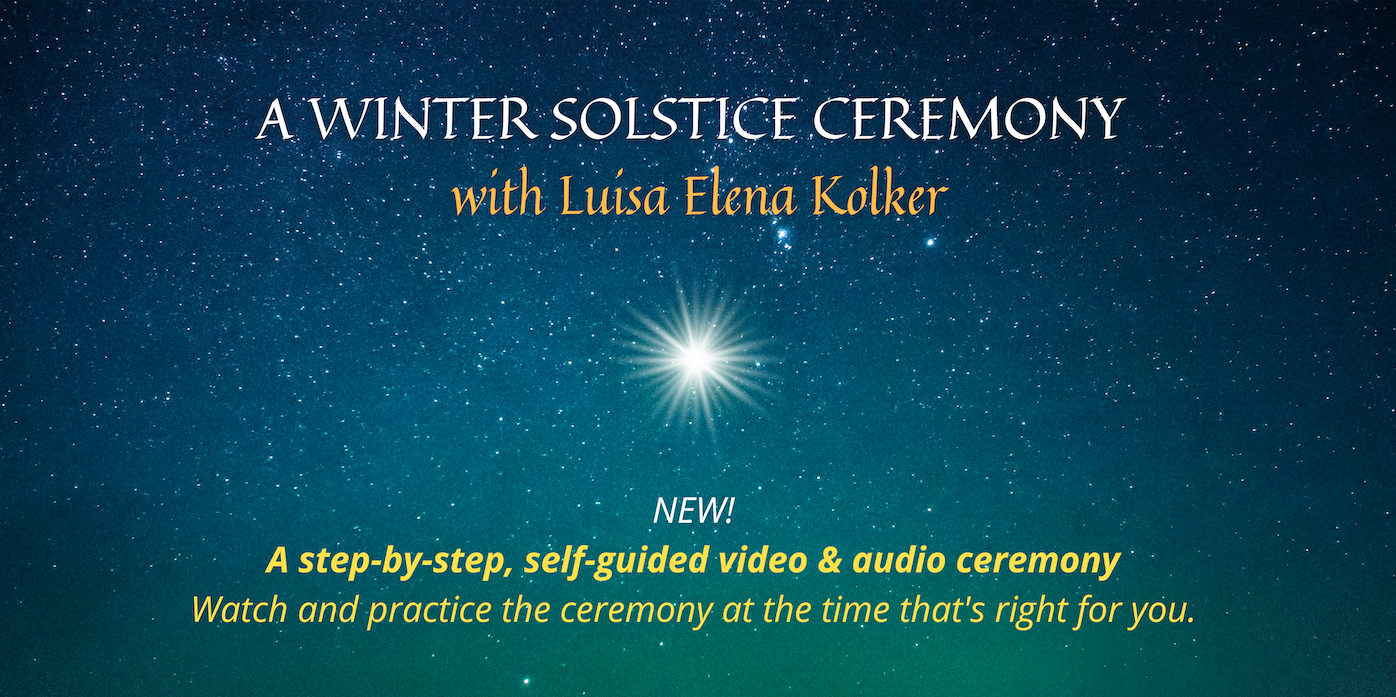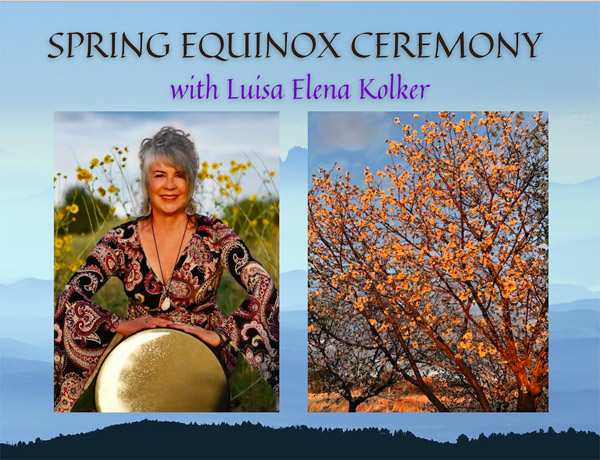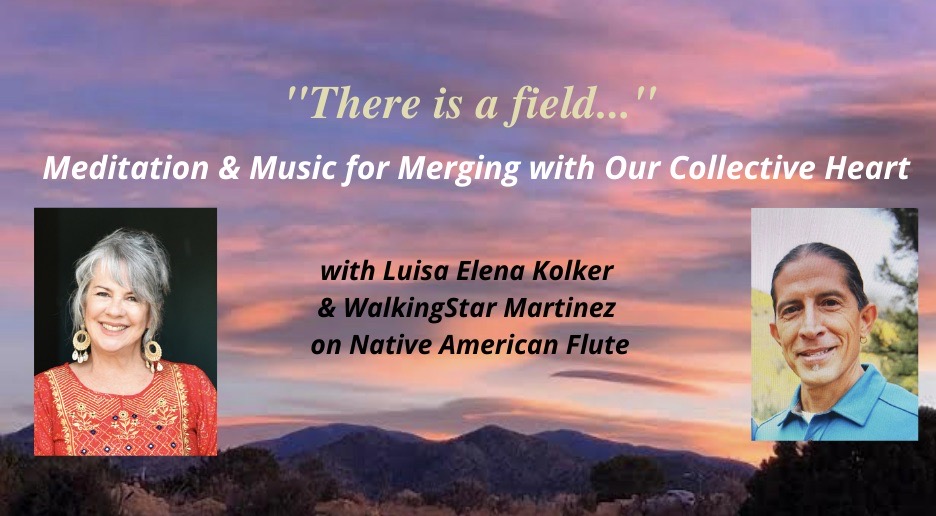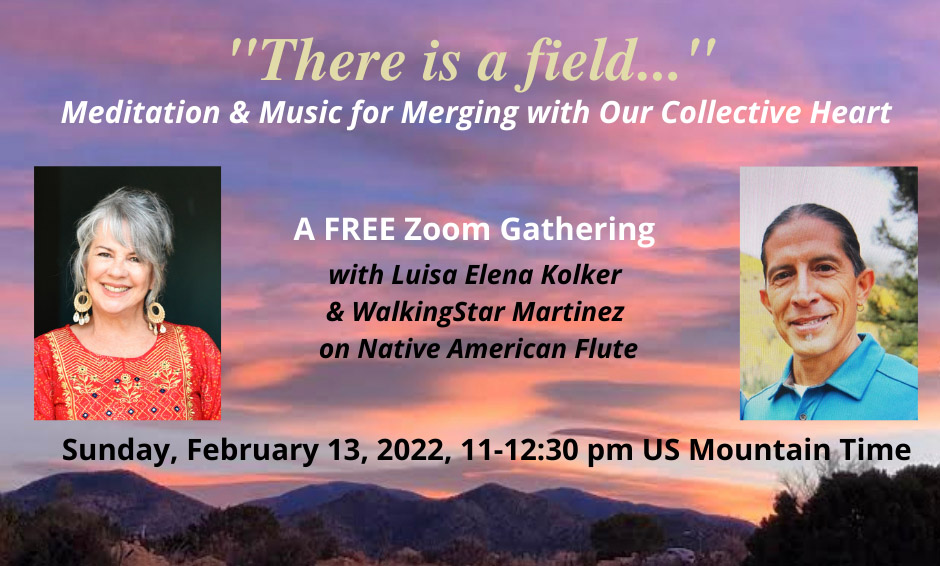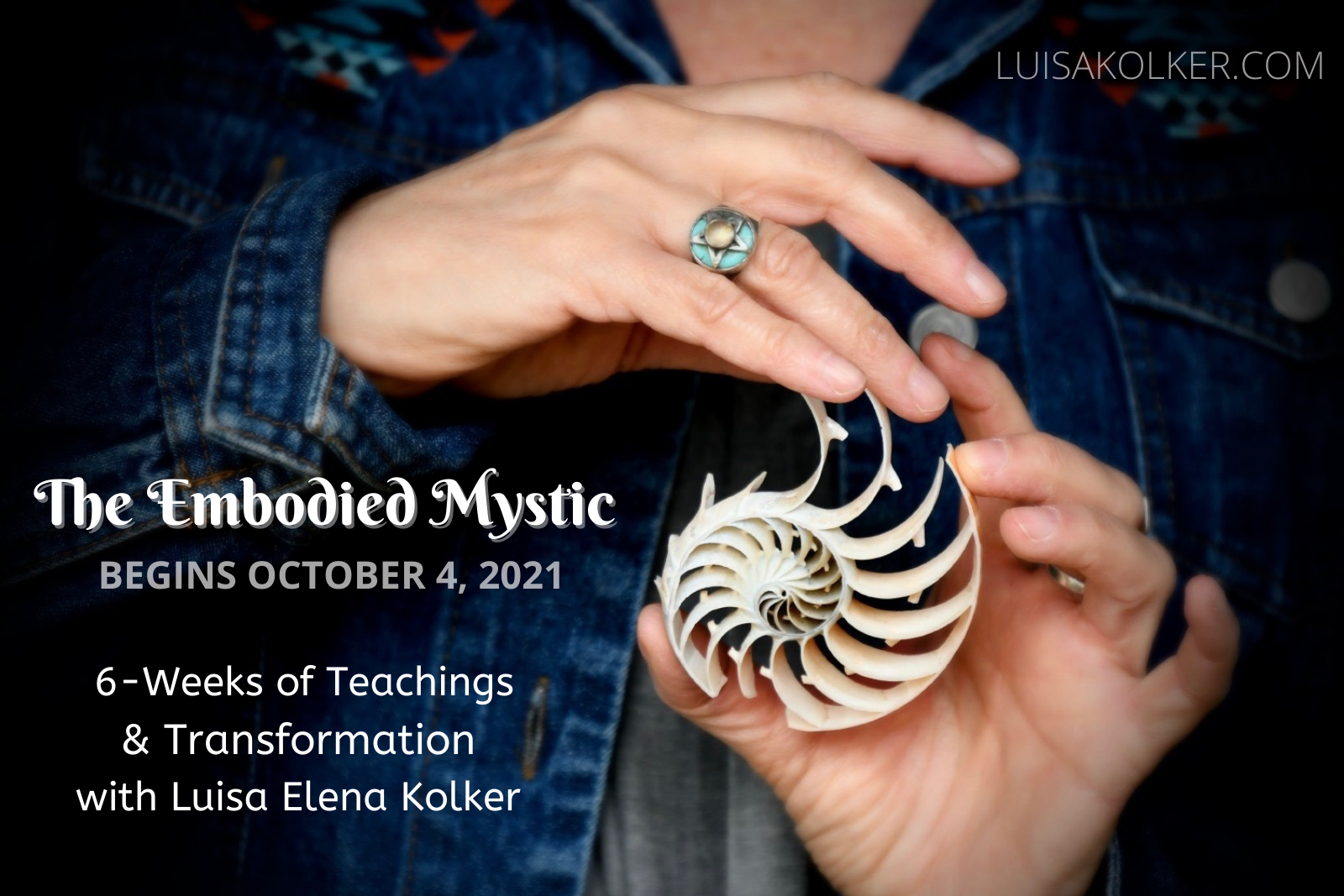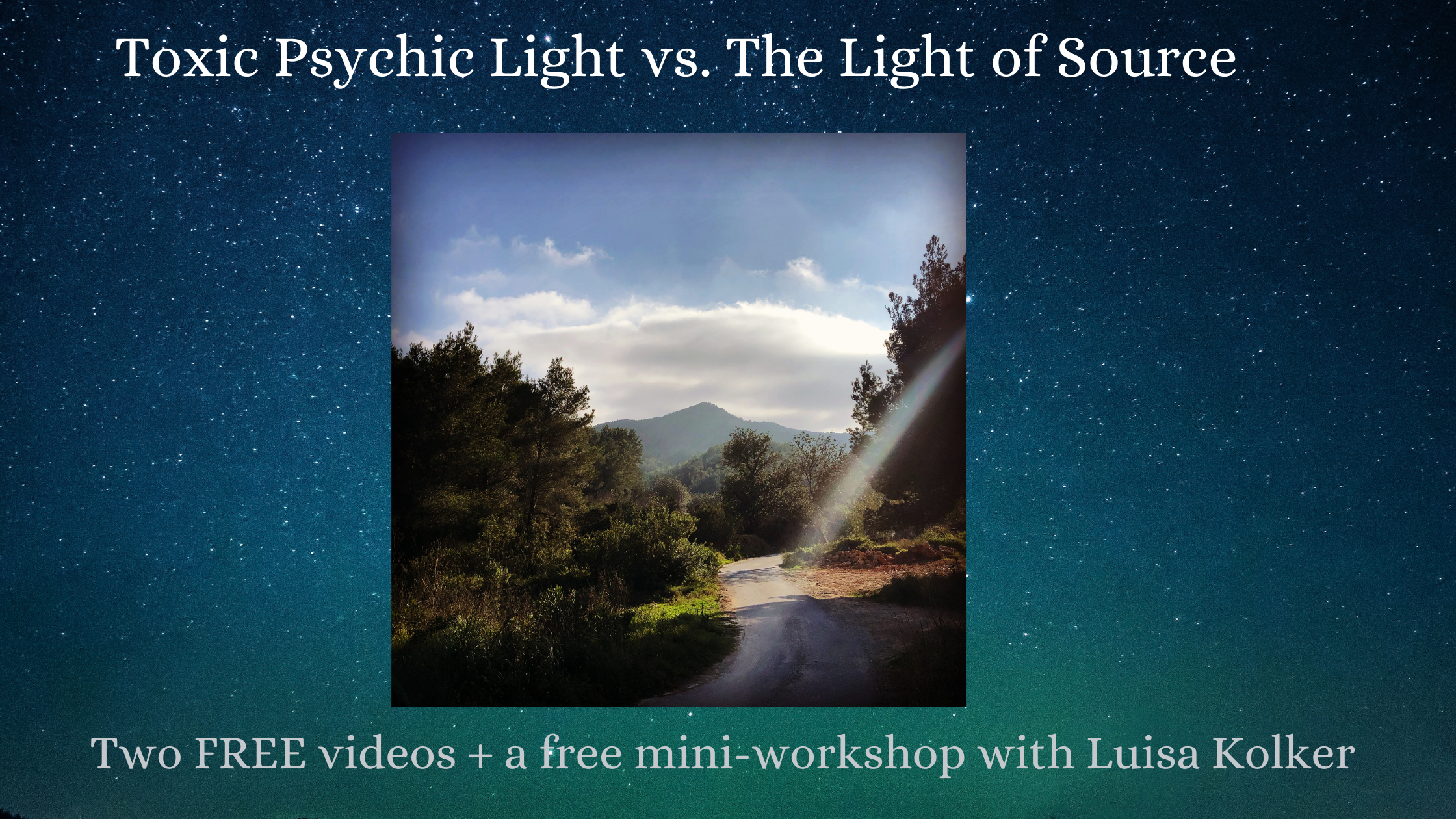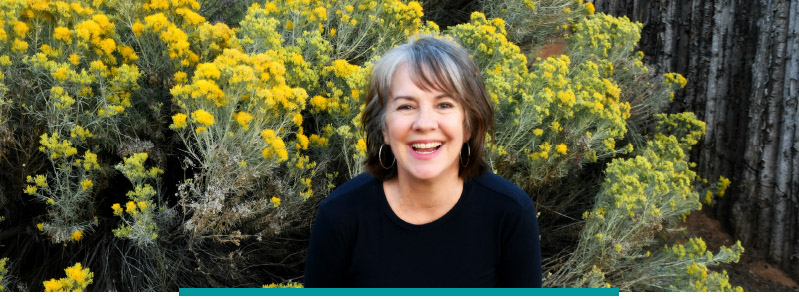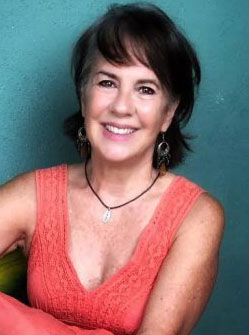WHY I REFUSE TO CALL MYSELF A SHAMAN
By Luisa Elena Kolker
The word shaman is a religious designation, signifying a holy person from the indigenous Tungus region of Siberia.
I work with the modalities and in the traditions of shamanism, so I call my work “shamanic.”
And, I have never and will never call myself a “shaman.”
I was born into a family lineage on my mother’s side of curanderas from Mexico and Central America, and I was born with the gift of second-sight that runs through that bloodline.
I trained in a daily, years-long, one-on-one apprenticeship in Spain in the 1980s with my beloved teacher Ioanna Salajan. This training was challenging, and often ego-deflating. Ioanna taught me, in many ways, to “get over myself.”
The healing work I practice was not learned in a weekend workshop, nor in a certification program. It has been my vocation, my dedication, and in combination with being a licensed psychotherapist, my livelihood for over 35 years.
And… I have never and will never call myself a curandera or a shaman.
I am a white-skinned female of Mexican and Russian-Jewish descent. I was raised in North America with the privileges afforded to anyone who looks Caucasian.
Any white, western person who calls themself a “shaman” is highly suspect. To indigenous and First Nations people, the names “Shaman,” “Curandera,” or “Medicine Woman/Man” are designations of respect that are appointed by one’s community and lineage-elders—not claimed by the practicing individual—after a lifetime of dedication, study, and practice.
White westerners have stolen and appropriated just about everything from indigenous people–their land, their children, their spiritual traditions. It is time to question these appropriations and become more careful with our ways of thinking and our assumptions of ownership of what does not belong to us.
As we are seeing now, fake “shamans” have little to do with an authentically inherited, maturely-developed ability to wisely and humbly serve one’s community. The self-proclaimed shaman, in the end, is likely clinging to an empty husk that they think disguises their emptiness and lack of authentic cultural and spiritual identity.
Wisdom, humbleness, and emotional maturity are, in my experience, the hallmarks of an authentic healer. Bring on the true healers, the ones who are grounded, emotionally sober, and mature: they are desperately needed. And in determining who is a “shaman,” please engage your critical thinking skills, pay attention to your inner knowing, and discern with care.
In Love & Transformation,
Luisa
